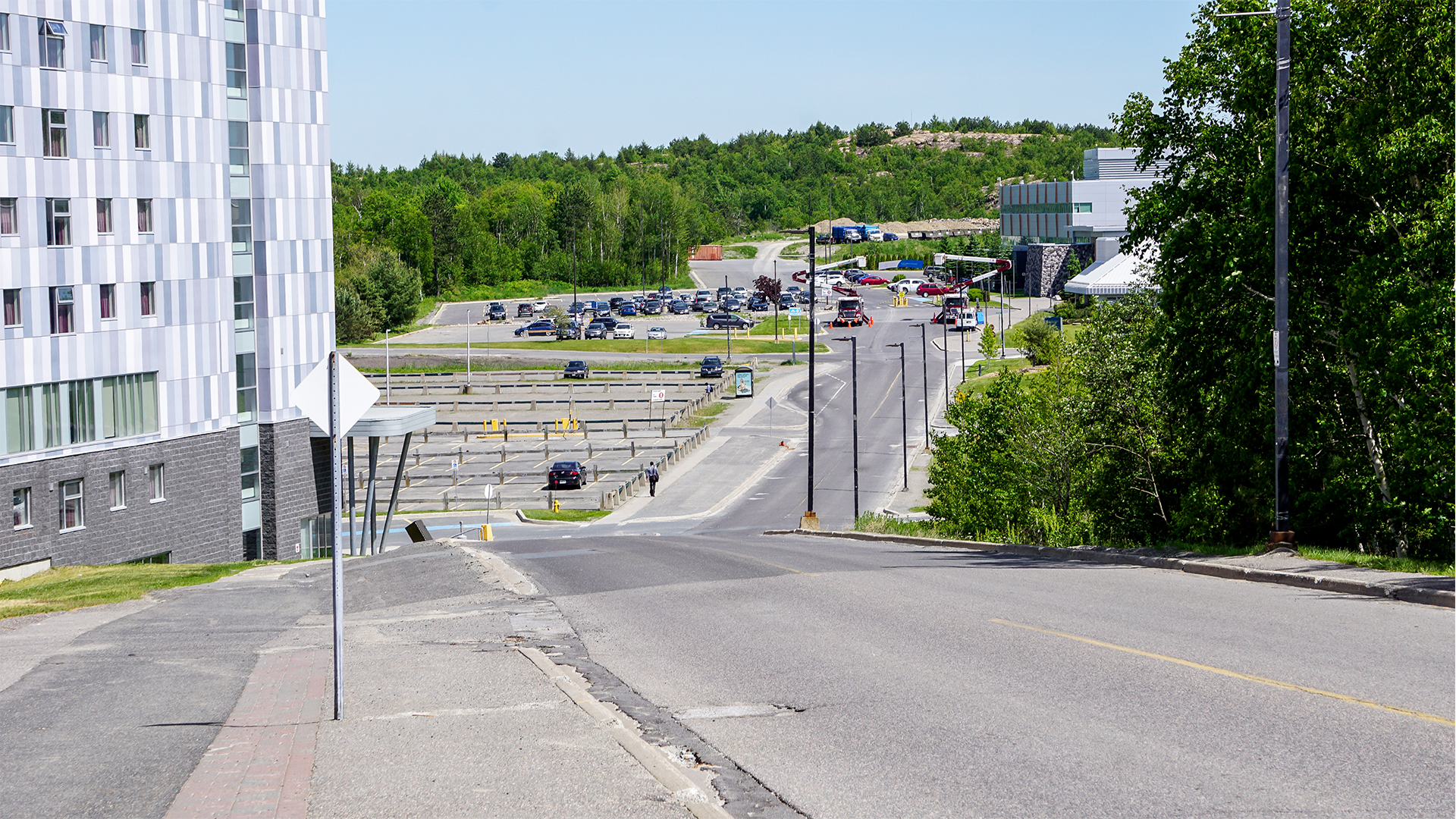
Universities are more than just the sum of their parts. Laurentian University’s dire news last week has devastated faculty and staff and had ripple effects across the country. The cuts, with 100 professors losing their jobs and many of the university’s programs being eliminated, are all too familiar for many academic staff and faculty.
Sudbury, Ontario, is a city with a long mining history, from a Canadian Pacific Rail stopover to the discovery of nickel, which helped fueled its future. It has been a famous stop for foreign dignitaries. King George VI and Queen Elizabeth visited in 1939, and Prince Charles and Diana visited in 1991. But much of its recent history has been shaped by the presence of its post-secondary education.
Laurentian University and Sudbury attract a diversity of students, from francophone Canadians to Indigenous youth. The university is home to many unique and tailored programs. One of them is the Indigenous Studies program at the University of Sudbury, a federated university on the Laurentian campus impacted by the April 1 cuts. When the cuts were announced, there were fears that the Indigenous Studies program would be affected, and what it could mean for students and staff connected to the program. Laurentian has since made an agreement to preserve the courses, but the agreement provides only for the courses to be given once, in the spring. University cuts impact more than just the people employed and the programs offered within the university. The ripple effects are endless.
Academics across Canada are not immune to the fate of Laurentian faculty. But the Laurentian cuts are a canary in the coal mine for all of us, not just academics. In an economic downturn and post-pandemic world, education is the key. Universities generate the talent that leads to innovation and wealth. Universities stimulate the economy, create jobs, train and educate leaders, and are beacons for innovation.
Why, then, do we continue to allow major cuts to the very institutions that support and grow our economy?
How, then, do we address the persistent and pervasive cuts across the country to post-secondary education? There are a few areas of priority:
One key issue is that the politics of the day dictates actions taken, based largely on perception more than fact. In Alberta, the provincial government has made massive cuts to post-secondary education in its two recent budget announcements. Alberta isn’t alone. In Ontario and Manitoba, post-secondary institutions have faced drastic cuts as well, even before COVID-19.
Look closely, and you’ll find that funding, or lack thereof, for post-secondary education tends to walk a precarious line. Conservatives, Liberals, NDPs, Greens and the Bloc all have party-based stances on university funding. Depoliticizing university funding and basing decisions on facts rather than political sentiment are key to levelling the playing field of university funding decisions.
In short, there is no better way to limit performance and productivity than by requiring that we measure it.
On another level, the new and largely misguided focus on performance outcomes has stifled academic research culture. Early in 2019, the Ontario government made drastic cuts to university funding and tied funding to performance outcomes. Alberta has followed suit, announcing performance-based metrics for university funding. The idea of performance-based metrics for universities has been around for a while but has gained steam as of late around the world. This approach has been shown to have the counter-effect of its intention, leading to lower productivity and narrowed innovations both in teaching and research. There is no better example than the U.K.’s Research Excellence Framework (REF), an audit-based performance-driven system that has garnered significant criticism. It has been argued that REF is a costly program that diminishes collegiality and innovation by creating narrow definitions of success and minimizing the importance of collaborative research.
These performance-based systems are rooted in archaic definitions of research success dominated by a largely white and male-centric articulation of excellence. This is seen through evaluation panels that are dominated by largely non-diverse reviewers, and performance metrics that skew priorities, and diminish opportunities for marginalized and racialized groups.
In short, there is no better way to limit performance and productivity than by requiring that we measure it.
Lastly, until decision-makers and the general public recognize the importance and value that universities play in our communities and economies, we don’t stand a chance of saving them.
Universities are deep contributors to the community. In many cities across Canada, universities create jobs, are cultural beacons in the architecture of the city, and bring arts, athletics, conferences and other events to the community, further stimulating the economy. Faculty, staff and students volunteer and give back to the communities they serve. Universities are associated with increased economic growth not just for the cities in which they are situated. The effect spills over into neighbouring regions. Recent analysis of data shows that universities raise future GDP per capita and boost innovation.
So how do you stop the bleeding wound made by persistent and pervasive cuts to our academic institutions? Citizens must recognize the power and importance of universities in their cities and communities. Decision-makers must remove the politics from funding decisions around post-secondary institutions. Leaders must recognize the value of post-secondary education in stabilizing the economy and driving innovation.
The cuts at Laurentian University aren’t the first we’ve seen, and they won’t be the last. Now is the time to rethink our collective connection to the universities in the cities we call home.








